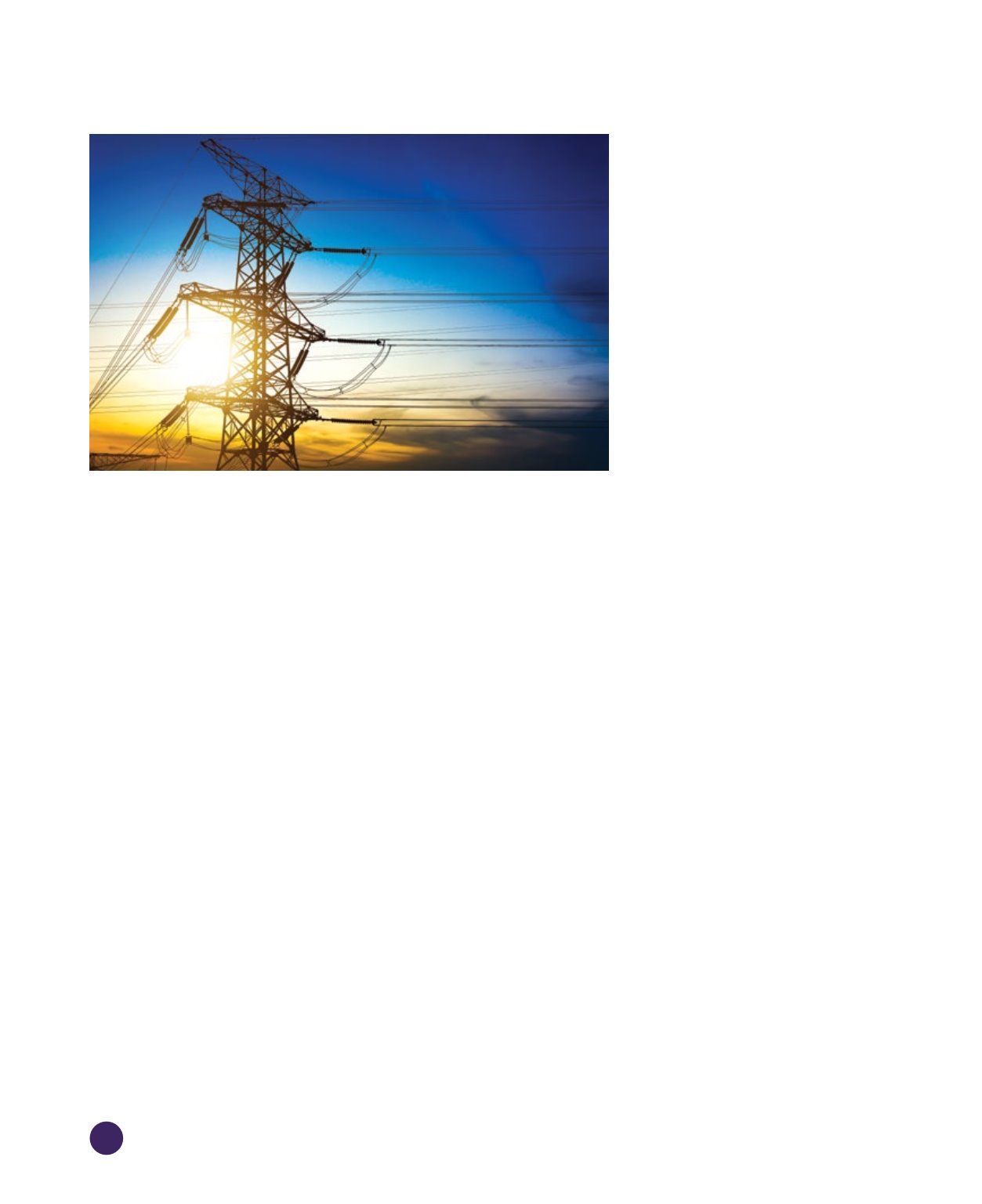

140
Borneo Bulletin Yearbook 2021
As for carbon pricing and waste management,
Brunei looks to impose price on carbon emissions
and reduce municipal waste to landfills to one
kilogram per person every day. Under the
strategy for climate resilience and adaptation,
Brunei is looking to increase capacity to adapt to
climate impacts and achieve resilience while in
strategy for carbon inventory, mandatory monthly
and annual reporting of carbon inventory.
For awareness and education, the country is
looking to increase awareness and education
surrounding mitigation and adaptation responses
against climate change. The implementation of
this policy shows a potential to reduce greenhouse
gas emissions by more than 50 per cent in 2035
compared to the business-as-usual level. With the
BNCCP, both mitigation and adaptation strategies
can be adopted to ensure that climate change
issues are actively addressed in the short, medium
and long term.
The BNCCP was drafted by the Climate Policy
Drafting Committee (CPDC), which consists of
39 agencies involving the government, private
sector, research institutions, academics,
associations, NGOs and a group of about 51
youth representatives to emphasise that climate
change issues are cross-sectoral and require a
whole-of-nation approach.
Brunei Energy Industry Integrity Pact
The Brunei Energy Industry Integrity Pact was
established in 2017, with 10 founding members
made up of established oil and gas companies
in the country. The 10 founding members are:
Brunei Shell Petroleum Company, Brunei LNG,
Brunei Shell Marketing, Brunei Gas Carriers,
Hengyi Industries, Shell Deepwater Borneo,
PetroleumBRUNEI, Brunei Methanol Company,
Petronas Carigali Brunei and Total E&P Borneo
BV. In 2018, 32 more companies joined the
pact, further strengthening the anti-corruption
network.
The pact comprises 10 essential principles that
companies must incorporate into their ways of
working to monitor integrity and compliance
risks in the course of their operations. The 10
principles include prohibition of bribery, full
collaboration with the Anti-Corruption Bureau,
and to refrain from conducting business with
those who demonstrate poor integrity and
ethical practices. By agreeing to the pact, the
industry conveys its zero-tolerance message that
any company lacking integrity and transparency
will be denied the opportunity to do business
with any of the oil and gas operators in Brunei.
Participating companies are monitored by
members of the Brunei Energy Industry Integrity
Working Group, made up of employees from the
oil and gas operators who jointly authored the
Integrity Pact principles. The companies will
partner with the Ministry of Energy and the
Anti-Corruption Bureau to maintain and foster
business integrity. With Brunei’s revenue mainly
derived from the energy industry, the group
aims to ensure that transparency, fairness and
integrity remain at the forefront of the industry’s
business dealings.
MITSUBISHI CORPORATION
Established in 1954, Mitsubishi Corporation
(MC) is a global integrated business enterprise
headquartered in Japan that develops and
operates businesses together with its offices and
subsidiaries in approximately 90 countries and
regions worldwide, as well as a global network
of around 1,700 group companies.
MC has 10 business groups that operate across
virtually every industry: Natural Gas, Industrial
Materials, Petroleum and Chemicals, Mineral
Resources, Industrial Infrastructure, Automotive
and Mobility, Food Industry, Consumer Industry,
Power solution and Urban Development.
Through these 10 business groups, MC’s
current business activities have expanded far









